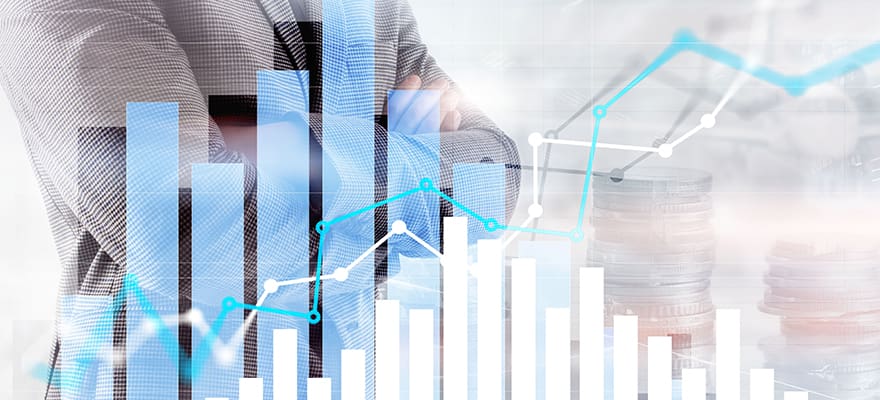The widely watched Euromoney FX survey revealed that top banks globally consolidated their dominance in the Forex market last year, while new entrants in the industry ceded ground across the board. According to the report unveiled by Reuters, investors relied specifically on algo trading to participate in the $6.6 trillion per day FX market during the COVID-19 pandemic time.
The survey took data from JP Morgan, UBS and Deutsche Bank with a combined total of 30% of the market during 2020. Multiple factors can explain the manoeuvre, but unanimously, lockdowns helped to boost market volatility as investors shifted to electronic trading and preferred such a method rather than traditional ways to trade assets on large trading floors. “Our investment in technology via our electronic and automated trading business was crucial. Algo trading also came to the fore last year, helping to manage cost and access Liquidity efficiently,” Chi Nzelu, Head of macro eCommerce at JP Morgan, commented.
The resurgence of the top banks within the market came accompanied by new entrants, such as XTX markets, Reuters said. The survey's metrics revealed that it offered deeper trading liquidity although it ceded market share. Moreover, coronavirus-driven volatility boosted to widen spreads to levels not seen since the global financial crisis.
Forecasting an Increase of the Usage of Algo Trading
Furthermore, a study performed by Coalition Greenwich in June unveiled that over 40% of FX traders conducted algo trading in 2020, expecting to increase their usage by 2021.
Yesterday, Finance Magnates reported that the total Euronext FX volume for June was $425.73 billion, which is up 8.7% compared to the previous month, but its year-over-year reading was negative at -12.2%. Also, its ADV hit $19.35 billion, which is up 3.8% on a month-over-month basis and with the exact yearly negative figure as the FX volume had. Furthermore, the figures come in line with other operators and brokers reporting a boost in FX trading volume.


















